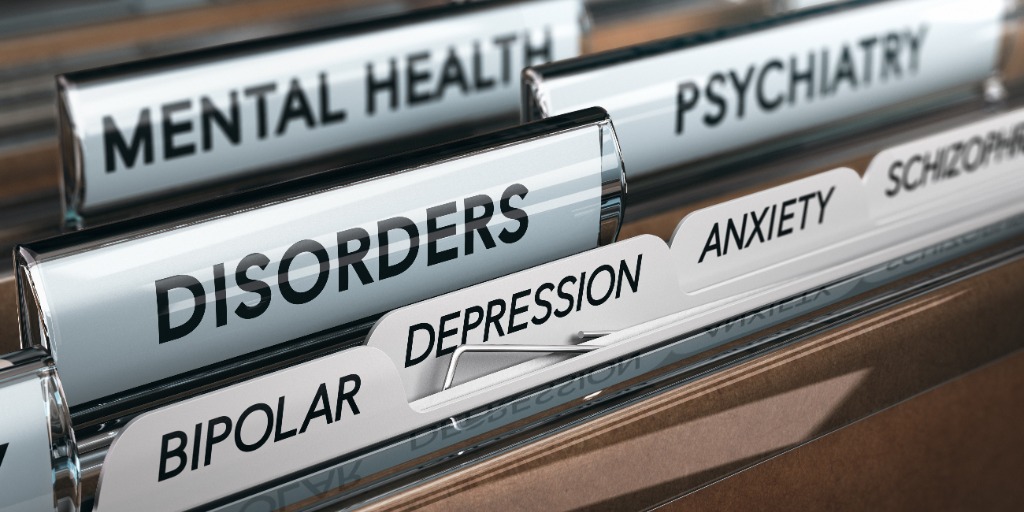
As the pandemic drags on, now entering its seventh month, the long-term effects of isolation, anxiety, fatigue, and hyper vigilance are taking their toll. Clinical depression has tripled in the past year, which, combined with the government constraints placed on business, are casting a pall on the economy, not to mention the strain on families and relationships. As our thoughts turn to survival, and that survival involves physically avoiding others, it is tempting to put teamwork on hold. But this only serves to increase the anxiety and depression – the opposite of optimum team mental health.
There is another way. Jamil Zaki, writing in The Harvard Business Review, sees opportunities to grow from the challenges posed by the pandemic. He asks us to think of ways we can take advantage of the events of the past year to emerge stronger and more adaptable. He cites the work of George Bonanno, professor of clinical psychology at Columbia University, whose extensive research with victims of traumatic events show that 65% exhibited few or no symptoms of post-traumatic stress syndrome. Essential to what Bonanno calls PTG, or post-traumatic growth, are optimism and the possession of a diverse range of coping strategies that allow people to be more flexible.
The challenge for leaders is to acknowledge the innate strength of their team members and foster this optimism and flexibility to reclaim a sense of well being, creativity, productivity, and esprit de corps. No one knows when we’ll get back to “normal,” but the interim is not a time to sit and wait. A great renaissance of hope and can-do spirit must take place immediately to rebuild what has been lost.
Mental health professionals have identified specific ways that team leaders can help their organizations grow, not in spite of, but as a result of the pandemic. “Our true selves emerge in crisis and give us the opportunity to get back to basics and re-examine what is most important to us,” says Zaki.
1. Affirm Values
Zaki suggests that leaders set aside time to allow team members to identify their guiding principles and write about why these values matter to them. Allow a sounding board for teams to share with each other and with management. Leaders should also affirm organizational values and allocate time and resources for their team’s mental health. A realignment and reaffirmation of core values, both individual and corporate, provide a roadmap for action and crisis management and boost morale.
2. Emphasize Community
“Social connection has rarely been more important, or more difficult to maintain,” says Zika. So much of the feeling of community is based on informal interchanges – water cooler conversations, informal gatherings, team building events and outings. All of this is lost with the dependence on video conferencing. Leaders need to work harder and be more mindful of the need to strengthen community in safe but effective ways.
3. Practice Empathy
Zika reminds us that employees work better not only when their mission is clear, but when their leaders demonstrate empathy. People suffering from emotional burnout during the pandemic may think that distraction is preferable to empathy, and we find ourselves putting our heads down and “getting on with it.” The masks hiding half of our faces may mirror the emotional masks that shield our psyches. But mental health experts say it’s more important than ever to work on cognitive empathy. Mindfully focusing on other’s needs has been shown to relieve our own stress. Zika maintains that when empathy is presented as a skill rather than a trait, people develop empathetic habits. A team practicing cognitive empathy demonstrates greater camaraderie and performance.
4. Establish Routines
The antidote to having a major disrupter like a pandemic is to establish new routines and adhere to them. Psychologist Sabrina Read talks about the importance of being “anchored” by routines and that losing those anchors can give us a feeling of not being in control. Exercise and social connections are vital to creating a sense of structure. Accountability for maintaining meaningful routines is a fundamental component of teamwork.
5. Make Time for Fun
Overlooked in the emphasis to stay safe and socially distant is the importance of fun to a team’s mental health. Laughter is the best medicine, as the old adage goes, and having fun with colleagues is the best glue for a team. Online games have their place, but safely distanced activities that get people moving are even better. Exercise has benefits for physical, emotional, and team mental health. Teams should work creatively to come up with activities that are both safe and fun.
Group Dynamix has the experience and trained facilitators to bring your team together during the pandemic and beyond. Our communication and team labs, charity events, and entertaining group outings are designed to build esprit de corps, improve communication and collaboration skills, and provide opportunities for unparalleled fun. In these challenging times, Group Dynamix believes that good teamwork is more important than ever.

Leave a Reply